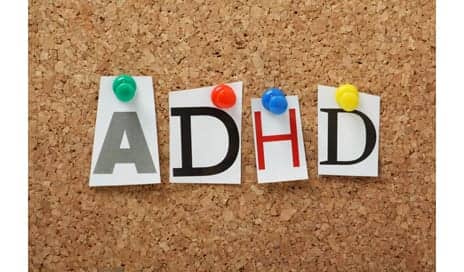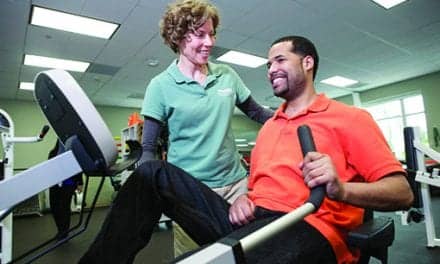Even a small amount of exercise can be useful for helping to reduce ADHD symptoms in adults, according to a study from the University of Georgia.
The researchers, led by study author Patrick O’Connor, asked 32 young men with elevated ADHD symptoms to cycle at a moderate intensity for 20 minutes on one day, then to sit and rest for 20 minutes as a control condition on another day.
Before and after the cycling or sitting activity, the participants were asked to perform a task that required them to focus. During the task, the researchers noted the participants’ leg movement, mood, attention, and self-reported motivation to perform the task, according to a media release from the University of Georgia.
The researchers note that the participants felt motivated to perform the task only after exercising. In addition, the participants felt less confused and fatigued, and instead felt more energetic. Also, their leg movements and performance on the task did not change after the exercise—rather, the exercise helped the young men feel better about doing the task, per the release.
“The reduced feelings of confusion and increased motivation to perform a cognitive task suggest that other types of acute exercise also may benefit cognitive performance,” says study co-author Kathryn Fritz, a UGA doctoral student who completed the study as part of her master’s thesis, in the release.
“We speculate that a different mode or duration or intensity of exercise, other than a boring cycle ride in a sterile lab, may show larger cognitive effects for those suffering from ADHD symptoms,” she adds.
The study was published recently in the journal Medicine and Science in Sports and Exercise.
[Source(s): University of Georgia, Newswise]





